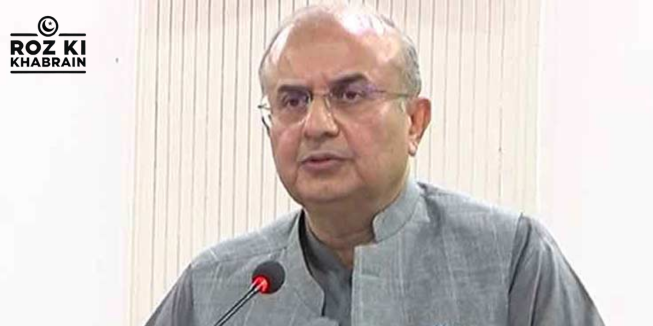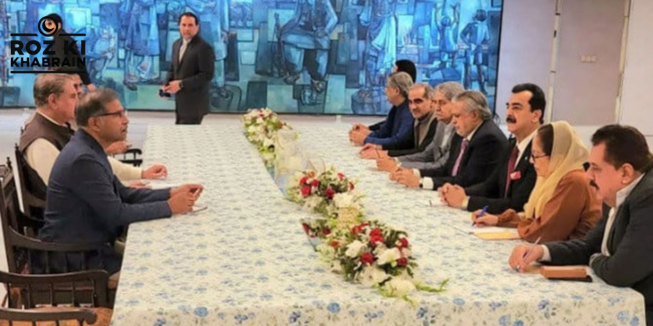ISLAMABAD: Senior puisne judge of the Supreme Court (SC), Justice Mansoor Ali Shah, has written to Chief Justice Yahya Afridi, requesting the formation of a full court to hear petitions challenging the 26th constitutional amendment, as reported by ARY News.
In his letter, Justice Shah emphasized the critical nature of the constitutional amendment pleas, advocating for a comprehensive hearing by a full bench. He also proposed postponing the scheduled December 6 meeting of the Judicial Commission until the constitutional amendment cases are resolved.
The letter further requested the Chief Justice to instruct the SC registrar to schedule the petitions before a full court for deliberation.
Background on the 26th Amendment Challenge
The Supreme Court has recently been approached to review the 26th constitutional amendment, which was passed by the National Assembly and Senate with a two-thirds majority. The amendment sets the tenure of the Chief Justice of Pakistan at three years.
Petitioners, including President of the Supreme Court Bar Abid Zuberi and five other lawyers, have argued that the amendment violates fundamental rights and constitutional principles. They contend that:
- Lawmakers cannot be compelled to vote for a constitutional amendment.
- The current composition of Parliament is incomplete, making the passage of such an amendment unlawful.
- Appointing the Chief Justice of Pakistan through a parliamentary committee constitutes interference in the judiciary’s independence.
The petitioners have called for the apex court to annul the amendment.
Key Provisions of the 26th Amendment
- The Chief Justice of Pakistan’s term is capped at three years.
- A 12-member parliamentary committee will nominate a new Chief Justice from among the three most senior judges. This committee includes eight members from the National Assembly and four from the Senate.
- The Prime Minister will forward the nominee’s name, selected by the committee, to the President for final approval.
- Judicial appointments in the Supreme Court will be overseen by the Judicial Commission of Pakistan, led by the Chief Justice, and comprising senior judges, legislators, the Federal Minister for Law and Justice, the Attorney General, and a Pakistan Bar Council nominee with at least 15 years of Supreme Court practice.




